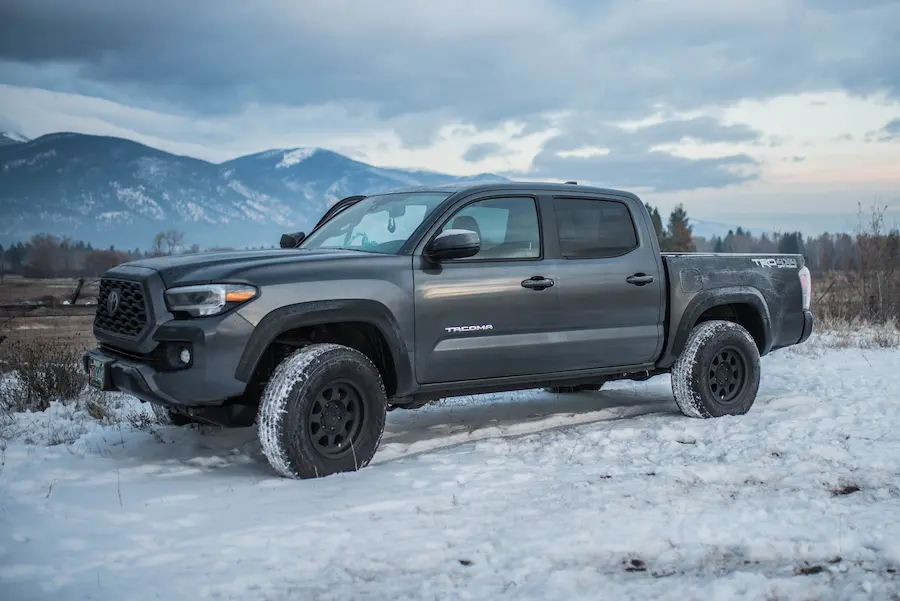Driving in the fall and winter can be dangerous due to the increased risk of slippery roads and adverse weather conditions. However, you can do a few things to prepare your car for the cold weather and improve your safety on the road.
Here Are A Few Tips On Preparing Your Truck For The Fall And Winter Seasons.
Table of Contents
Get A Truck Bed Liner
A truck bed liner is an essential accessory for anyone who regularly uses their truck for hauling. Made from durable materials like rubber or plastic, a truck bed liner is designed to protect the truck’s bed from scratches, dents, and other damage. This is especially important during the fall and winter, when leaves, snow, and other debris can quickly build up in the truck’s bed. So, whether you’re transporting landscaping materials or heading off on a camping trip, a DIY bedliner is an essential piece of equipment for any fall adventure.
Install Winter Tires
Winter tires are designed for increased traction and stability in snowy and icy conditions. The tread on winter tires is deeper, and the rubber is more pliable, which helps the tires grip the road better in cold weather. Winter tires also have a higher speed rating than regular tires, so they can handle the extra stress of driving on snow and ice. If you live in an area with a lot of snow, installing winter tires on your truck is a good idea. Not only will you be able to drive more safely in fall and winter weather, but you’ll also extend the life of your tires.
Adjust Tire Pressure
As the weather gets colder, it’s important to remember to adjust the air pressure in your tires. This is because cold air is denser than warm air and exerts more pressure on objects. As a result, truck tires inflated adequately in the summer may be underinflated in the fall and winter. Underinflated tires can lead to reduced fuel economy and tire wear and tear. They can also make your car more difficult to handle on icy roads. Therefore, it’s best to check your tire pressure frequently during winter and inflate them as needed to avoid these problems.
Change Oil And Antifreeze
As the temperature drops, changing your oil and antifreeze is essential. Cold weather can cause your oil to thicken, leading to engine problems. Thicker oil doesn’t flow as quickly, so it can’t lubricate your engine as well. This can lead to increased wear and tear and engine failure. Antifreeze helps to keep your engine cool, even in cold weather. However, if it freezes, it can damage your engine by causing it to overheat. That’s why it’s essential to check your levels regularly and top up as needed.
Final Thoughts
Keeping your truck safe during the fall and winter seasons is essential. Make sure to keep it well maintained, add the necessary equipment, and prepare for anything that may come up. By taking a few extra steps to protect your vehicle, you can help ensure your safety on the road.

